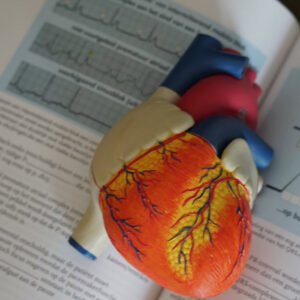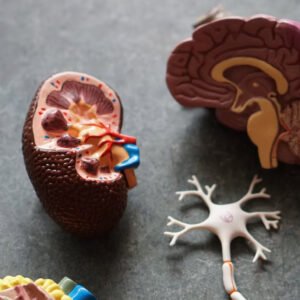
The gastrointestinal (GI) tract, also known as the digestive system, is responsible for the ingestion, digestion, absorption, and elimination of food. It includes organs such as the mouth, esophagus, stomach, small intestine, large…
Read more
The respiratory system facilitates the exchange of oxygen and carbon dioxide between the body and the external environment. It includes the airways (nasal passages, trachea, bronchi) and the lungs, where gas exchange occurs….
Read more
The cardiovascular system comprises the heart, blood vessels, and blood. It functions to deliver oxygen, nutrients, hormones, and other essential substances to tissues throughout the body. The heart pumps blood, while blood vessels…
Read more
Nerve and muscle physiology focus on the functions and interactions of the nervous and muscular systems. Nerves transmit electrical signals, known as nerve impulses, to coordinate various bodily functions. Muscles, including skeletal, smooth,…
Read more
Blood is a vital fluid that circulates throughout the body and performs numerous functions. It consists of red blood cells, white blood cells, platelets, and plasma. Its primary roles include transporting oxygen and…
Read more
General physiology is a broad field that encompasses the fundamental principles and processes that regulate the functioning of the human body. It includes topics such as homeostasis, cell physiology, membrane transport, metabolism, and…
Read more